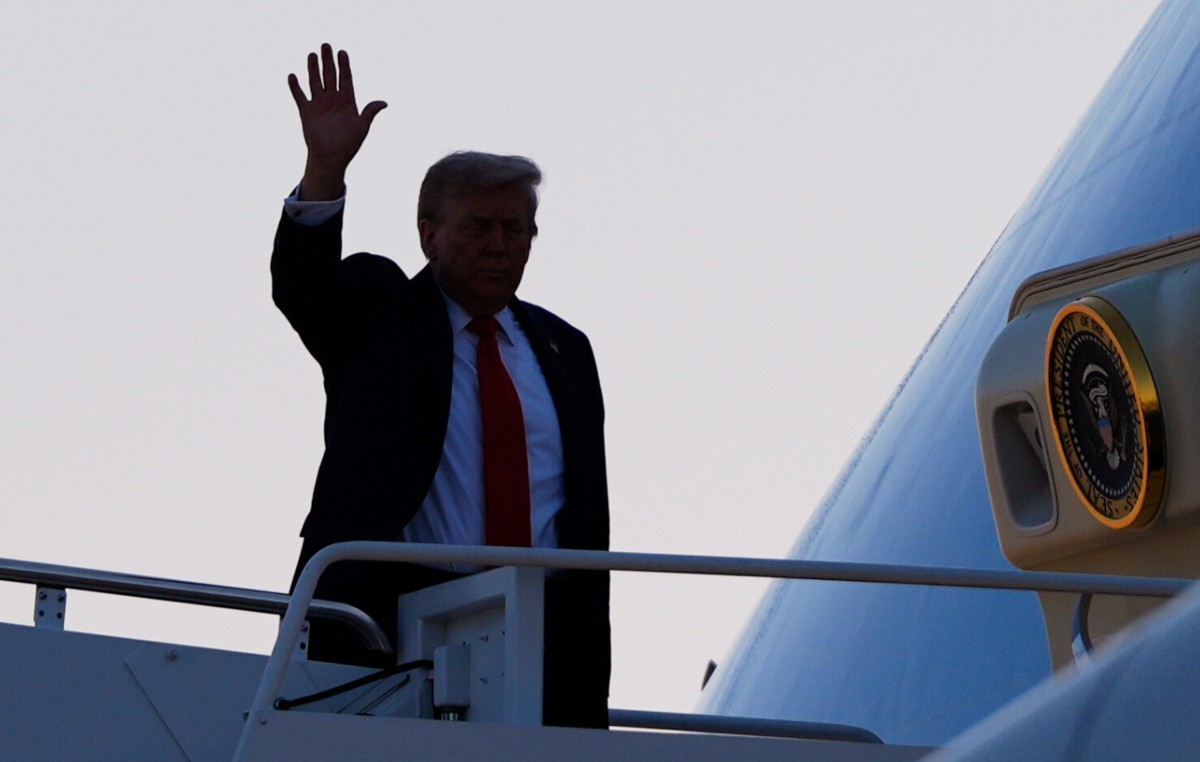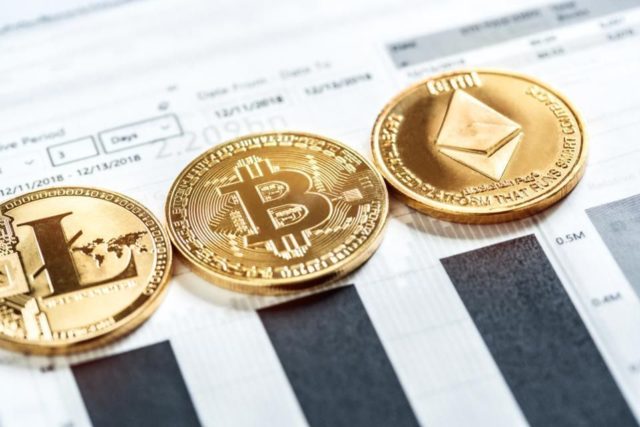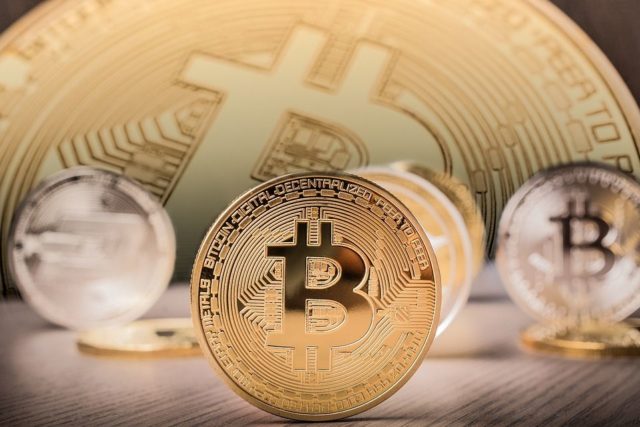- The EUR/USD loses ground before publication of the data of the harmonized index of consumer prices of the Eurozone.
- The US dollar can be seen even more due to the growing chances of the Fed maintaining its interest rates in July.
- President Trump mentioned the possibility of reaching an agreement with Europe.
The EUR/USD goes back in its recent profits from the previous session, quoting around 1,1620 during Thursday’s Asian hours. The operators will probably observe the data of the harmonized index of consumer prices (IAPC) of the eurozone scheduled to be published later in the day. Attention will move to US retail sales data for June, which will be published later in the American session.
In addition, the US dollar (USD) can gain additional land due to the growing probabilities that the Federal Reserve (FED) maintain its night reference interest rate without changes in the range of 4.25% -4.50% in its July policy meeting due to uncertainty over tariffs.
The president of the USA, Donald Trump, said Wednesday that he plans to send a single letter to more than 150 countries, notifying them of a 10% tariff rate they will face. He emphasized that these are “not large countries” with limited commercial links with the US, unlike China or Japan. He also hinted that the rate could increase to 15–20%, although it did not confirm any specific detail.
Trump also said at the end of Wednesday that he would love that the president of the FED, Jerome Powell, resigned, but that would interrupt the markets if the president decided to dismiss him. He also mentioned the possibility of reaching an agreement with Europe. As for tariffs on Canada, he said it is too early to comment. However, a tariff agreement with India is very close.
The June inflation figures in the US higher than expected revived concerns about prolongly high interest rates of the Fed. The president of the Fed of Dallas, Lorie Logan, said on Tuesday that the Fed will probably need to maintain interest rates where they are for a while to ensure that inflation is kept low against the rise pressure of the tariffs of the administration Trump In addition, the president of the Fed in New York, John Williams, said at the end of Wednesday that monetary policy is in the right place to allow the Fed to monitor the economy before making its next decision.
EURO – FREQUENT QUESTIONS
The euro is the currency of the 19 countries of the European Union that belong to the Eurozone. It is the second most negotiated currency in the world, behind the US dollar. In 2022, it represented 31 % of all foreign exchange transactions, with an average daily business volume of more than 2.2 billion dollars a day. The EUR/USD is the most negotiated currency pair in the world, with an estimate of 30 %of all transactions, followed by the EUR/JPY (4 %), the EUR/GBP (3 %) and the EUR/AU (2 %).
The European Central Bank (ECB), based in Frankfurt (Germany), is the Eurozone reserve bank. The ECB establishes interest rates and manages monetary policy. The main mandate of the ECB is to maintain price stability, which means controlling inflation or stimulating growth. Its main tool is the rise or decrease in interest rates. Relatively high interest rates (or the expectation of higher types) usually benefit the euro and vice versa. The GOVERNMENT BOOK of the ECB makes decisions about monetary policy in meetings that are held eight times a year. The decisions are made by the directors of the National Banks of the Eurozone and six permanent members, including the president of the ECB, Christine Lagarde.
Eurozone inflation data, measured by the harmonized consumer prices index (IPCA), are an important economic indicator for the euro. If inflation increases more than expected, especially if it exceeds 2% of the ECB, it forces the ECB to rise interest rates to control it again. Relatively high interest rates compared to their counterparts usually benefit the euro, since they make the region more attractive as a place for global investors to deposit their money.
Published data measure the health of the economy and can have an impact on the euro. Indicators such as GDP, manufacturing and services PMIs, employment and consumer trust surveys can influence the direction of the single currency. A strong economy is good for the euro. Not only attracts more foreign investment, but it can encourage the ECB to raise interest rates, which will directly strengthen the euro. Otherwise, if economic data is weak, the euro is likely to fall. The economic data of the four largest economies in the euro zone (Germany, France, Italy and Spain) are especially significant, since they represent 75% of the economy of the euro area.
Another important fact that is published on the euro is the commercial balance. This indicator measures the difference between what a country earns with its exports and what you spend on imports during a given period. If a country produces highly demanded export products, its currency will gain value simply by the additional demand created by foreign buyers seeking to buy those goods. Therefore, a positive net trade balance strengthens a currency and vice versa in the case of a negative balance
Source: Fx Street
I am Joshua Winder, a senior-level journalist and editor at World Stock Market. I specialize in covering news related to the stock market and economic trends. With more than 8 years of experience in this field, I have become an expert in financial reporting.







